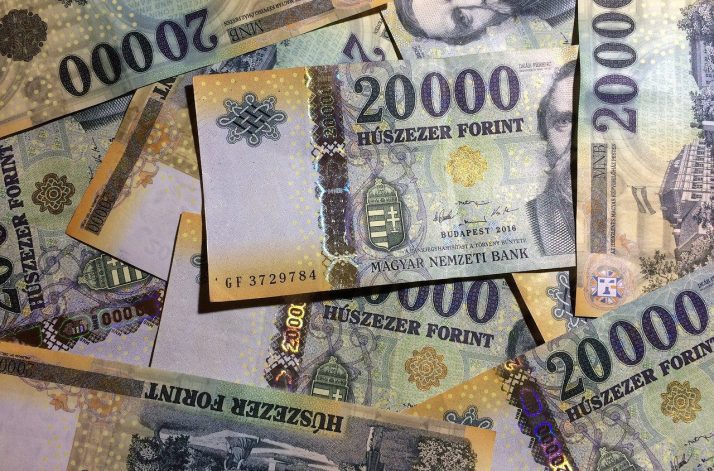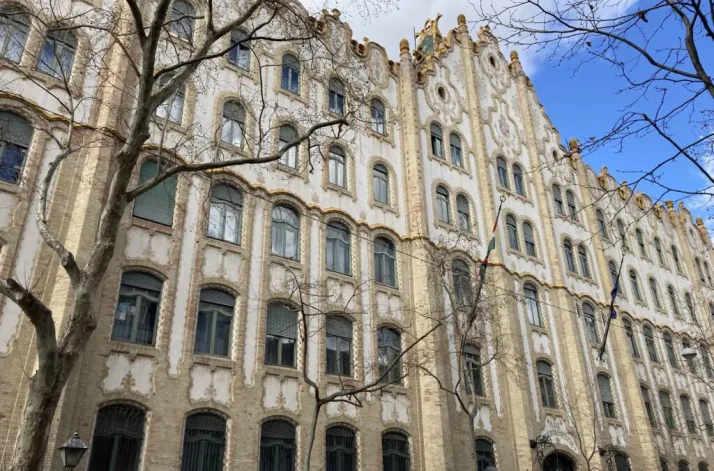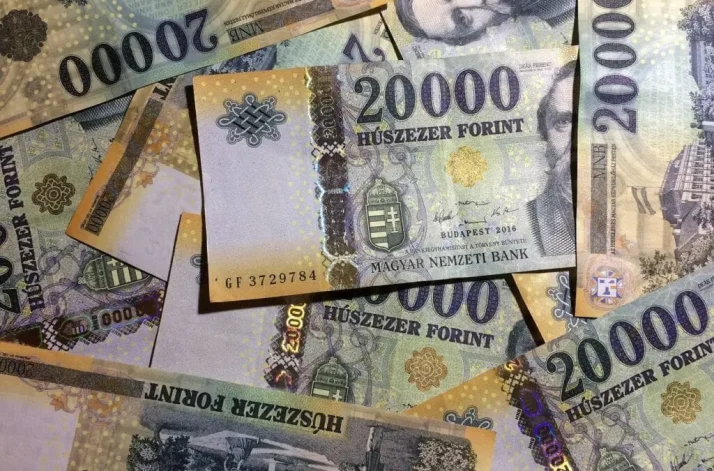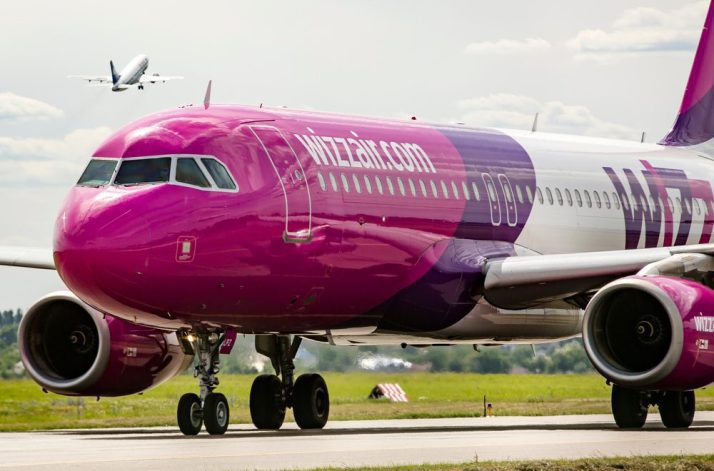
Interim Management Report Zwack Unicum Plc. in the first three quarters of the 2019–2020 business year
The Board of Directors of the Zwack Unicum Plc. has approved the Management’s report about the results of the Company in the first three quarters of the 2019–2020 business year.
The data have not been audited.
1. Analysis of the Report
Total gross sales of the Company were HUF 22 558 million, a year-on-year decrease of 5.5%. Net sales (sales revenues excluding excise tax and public health product tax [NETA]) were HUF 11 861 million, a year-on-year decrease of 17.4% (by HUF 2.5 billion).
There was a considerable decrease in the net domestic sales (–HUF 2 576 million; –19.6%). The net sales of own produced goods decreased in the domestic market by HUF 2 372 million (by 22.9%) (HUF 8 005 million instead of HUF 10 377). Broken down, sales of premium products decreased by 21.9% and those of quality products by 25.7%.
The amendment of the Act on Public Health Product Tax (NETA), effective as of January 2019, was the cause of the considerable difference between the gross and net sales. In the wake of the amendment, each and every type of alcoholic drinks has been taxed (as from 2019, pálinkas and all bitter liqueurs also), and the tax categories were raised by 20%. The Company shifted the massive tax hike into its gross prices but – just as we had predicted – that has radically reduced the volume sold. As a consequence of those two contrasting processes, the gross domestic sales have slightly decreased. As proportionally the combined excise tax and Public Health Product Tax levied on the smaller volume was higher than a year before (+HUF 1 173 million; +12.3%), the net sales have considerably decreased.
The net sales revenue of traded products had a year-on-year decrease of 7.5%. Broken down, the revenue of the Diageo portfolio went up by 11.7%, while the revenue of the other traded products decreased by 51.8%. That the Zwack Unicum Plc. has not been the official distributor of the Moët-Hennessy products since 1 March 2019 explains the latter decrease. If we filter out that factor, the sales revenue of the other traded products increased by 3.8%.
Market research data for the April–December period in off-trade indicate that the Hungarian taxed spirits markets had a year-on-year increase in volume by 0.3% and in value by 10.9%.
Export earnings were HUF 1 317 million – a year-on-year increase of 6.4% (+HUF 79 million). The brunt of increase was derived from sales in the Company’s two major export markets: Italy and Germany, however revenues from the duty-free sector have decreased (the NETA tax has also affected sales in Budapest’s international airport).
The material-type expenses decreased by HUF 619 million (–12.1%). As that figure is lower than the decrease of net sales – the latter being –17.4% – the gross margin ratio has a year-on-year decrease of 2.3 percentage point (62.2% instead of 64.5%). An unfavourable shift in the product mix is the main factor behind that change (the sale of own-produced high-margin goods decreased faster than those of traded products).
Employee benefit expense decreased by HUF 26 million (1.1%). Bearing changes in the labour market in mind, at the beginning of the business year, the Company granted a wage and salary increase of between 5 and 10%, differentiating it for the various payment levels. In lower payment categories the hike was higher while in higher ones it was lower. That the employee benefit expense figure showed a year-on-year decrease despite the wage hikes was due to several factors: the social contribution tax was lowered as of July 2019; the year-on-year obligation to pay the bonus for long service and the retirement bonus decreased and, during the previous business year, several one-off expense items were posted.
The depreciation charge showed a year-on-year decrease of HUF 44 million (11.3%). It has been established practice for the Company to monitor the expected useful life of its most important assets in each business year. Acting in concert with our auditors, in this business year we reviewed a bigger than usual set of assets, and for some of them we defined a longer expected useful life than that indicated in our books before. That is the main cause of the decrease in the depreciation charge.
The other operating expenses decreased by HUF 252 million (8.2%). Broken down, reducing the marketing expenses by about 5–6% accounts for a little more than a HUF 100 million part of that sum. To be more specific: the year-on-year domestic marketing spending on own-produced brands was reduced. In the same period of the previous business year the Company paid HUF 69 million in corporate tax sponsorship (TAO) but in this business year no such expenditure has occurred. (Such expenditure is forecast for the fourth quarter but at a lower level than in the previous business year.) Other items where costs were cut included fees for consultants and lower transport expenditure, which was due to smaller volumes of goods to be sold.
The other operating income increased by HUF 68 million (20.1%). That was mainly because brand owners of traded products had increased their year-on-year marketing expenditure reimbursement.
The profit from operation was HUF 2 391 million – a year-on-year decrease of 38.4%. The taxes levied on the operating income decreased by 20.9% (that is to say, by HUF 113 million). The income tax expense includes also the local business tax and the innovation contribution. It was due to those factors that the tax only decreased by 20.9% while the profit before taxation decreased by 38.4%.
The Company’s profit after taxation was HUF 1 964 million – a year-on-year decrease of 41.2% (previous: HUF 3 340 million).
The Company has had more time to analyse the effects of the amendment of the Public Health Product Tax (NETA). Overall, the changes in the market have been more or less as we predicted.
In the third quarter the Company’s net sales had a year-on-year decrease of 23.1%; and the decrease is steeper than in the two previous quarters (15.1% and 9%, respectively). That is because in the previous business year the pre-emptive purchase that was prompted by the January 2019 hike in the NETA tax occurred in the third quarter. That record third-quarter sales figure of HUF 7 billion was higher than what this Company had ever earned up that date. It was by HUF 1 billion higher than our second-best quarter figure. The HUF 5.4 billion sales figure for the third quarter of the 2019–2020 business year is lower than the corresponding quarterly figure two years ago only by 5%.
In comparison with last business year’s last quarter we expect increase in sales in the final quarter of the current business year. All in all, the Management still believes that it is possible to realize the 2019–2020 business plan targets (which foresee over 10% decrease in net sales; and profit after taxation at HUF 1.4 billion – which is by 46% lower than that in the previous business year).
The inventories increased by HUF 363 million (+19.4%). That was partly because we keep a higher than usual stock of products imported from the United Kingdom in view of the Brexit-related uncertainties. There has been increase in our portfolio in the ratio of products with a longer aging time (Unicum Riserva and Lánchíd) and of expensive luxury products (Zacapa, Ciroc and Tanqueray) – whose purchasing price is also high. The weakening of the Hungarian currency, the forint, has also contributed to the higher inventory levels. In the forthcoming period the Company intends to optimize its inventory level.
Trade and other receivables showed a year-on-year decrease of 23.5% (HUF 1.6 billion) because the turnover in December 2019 was by far lower than in December 2018. (December 2018 saw a considerable part of the pre-emptive purchase related to the change in the NETA tax.)
Trade and other liabilities went down by 15.5% (HUF 1.06 billion). That was because the lower sales volume incurred a lower excise-tax and VAT burden and the Company’s liabilities towards its trading partners were also lower.
The Company’s volume of liquid assets is lower than in the corresponding period of the previous business year by HUF 1 612 million (48%). That is because in the first three quarters of the business year the Company’s profit showed a year-on-year decrease and the level of inventories showed a year-on-year increase.
2. Business Environment of the Company
The Zwack Unicum Plc. is the biggest player in Hungary’s spirits market. As nearly 90% of its revenues are domestically generated, trends in domestic consumption are crucial for its wellbeing. Domestic consumption of branded spirits has increased in Hungary in recent years and the tendency is expected to continue in the near future. See the first chapter of this report for concrete market figures.
3. Objectives and Strategy of the Company
The Company’s primary activity is producing and selling branded premium and quality alcoholic drinks. In Hungary the principal aim of Zwack Unicum Plc. is to maintain its market leading role in spirits. Furthermore, we aim to strengthen the export markets.
In Hungary the Company is the official distributor of several brands like Diageo portfolio. Thus, in addition to the self-manufactured premium brands of outstanding importance in the Hungarian market (Unicum, Fütyülős, Vilmos, St. Hubertus), Zwack Unicum Plc.’s portfolio is enriched by world brands such as Johnnie Walker, Baileys and Captain Morgan. With such a portfolio our Company offers an impressively rich assortment of branded products for consumers.
Product innovation and successful product launch are crucial means of keeping and strengthening the market leader position. The Company has the objective of deriving at least 12 % of its gross sales from exports and has the ambition to increase it.
From 1st of September the Company is using 100% green electricity. Other measurements are under evaluation.
4. Main Resources and Risks of the Company’s Activities
- Material Resources
| o Production and Plant |
The Company has three production plants. Unicum production and part of early maturation are done in the Unicum plant in Soroksári út. The Dunaharaszti plant takes care of additional maturation and bottling of the Unicum liquor, and also the bottling of the majority of the other products produced by the Company. The fruit palinka distillery operates in Kecskemét, and this is where the small series products are bottled.
The Company intends to maintain those three production plants in the long run. The output capacities of the plants concerned are appropriate for bulk production and bottling.
At the plant in Dunaharaszti a major modernization project for bottling began in 2015. Machinery of two bottling lines is being replaced by new machine units. The project is expected to run until 2020, and in that period capital expenditures will exceed annual depreciation figures.
| o Financial Position |
The Company’s financial position is stable and it always fulfils its financial obligations on time. Financial transactions were made by UniCredit, Erste and K&H Bank from among the largest commercial banks.
- Human Resources
The Company’s headcount stands at 238 (at the end of the 2018–2019 business year it was 237 and in the corresponding period of the previous business year it was 233).
In the Hungarian spirits market the Zwack Unicum Plc. has the biggest human resources for sales and marketing. Indeed, the related competitive edge in distribution and innovation are among the Company’s most important strengths.
- Risk factors
The most important risk factor affecting our Company is the change of the regulatory environment that may have a negative effect on domestic consumption and caused by this also on the sales volume.
Company activities are exposed to various financial risks: market risks, credit risks and liquidity risks. Seen the high volatility and uncertainty of the current financial market, the Company seeks keeping the possible negative implications affecting Company finances at the minimum. In line with the accounting policy, the Company also applies derivative financial tools to counter certain financial risks.
Regarding its market risks, to reduce the foreign exchange risks arising from the export and import activities and from the Euro deposits, the Finance Department monitors, in line with the hedging policy, the foreign exchange liabilities, and keeps the necessary amount of forex on its bank accounts. Furthermore, the Company completes derivative transactions to reduce the same risks. Therefore the changes in exchange rate within the financial year have no significant implications on the statement of comprehensive income, nor on shareholders’ equity.
The Company is not exposed to significant commodity market and other price risks either, nor to interest risks because the Company also has fixed interest assets whose book value is, by the order of magnitude, the same as their market value; the Company has no interest-bearing loans either.
The Company has no significant credit risks, nor related to accounts receivables, due to the diversity of its customers. Also a significant portion of the accounts receivable is insured by financial institution up to 90% of single liabilities. The Company applies no other credit rating methods since this credit guarantee method is deemed to be effective enough to manage credit risks.
Company financial assets and fixed deposits are mostly in Hungarian forints. The counterparty risk is low since Zwack Unicum Plc. placed its funds with reliable financial institutions.
Liquidity management of the Company covers the necessary number of financial tools and also the necessary credit lines. The Management continuously monitors the necessary liquidity provisions (consisting of the undrawn credit line and the financial assets) based on the expected cash flow.
This Interim Management Report has been made according to the relevant accounting regulations and the financial statements made on the basis of our best knowledge. It gives a truthful and reliable account of the assets, liabilities, financial standing and profits of Zwack Unicum Plc. This business report gives a reliable picture also of the Zwack Unicum Plc.’s situation, development and performance.
Additional information:
– There was no change in the ownership structure of the Company.
– During the I-III. quarters of the 2019–2020 business year there was no change
in the organization of the Company.
– The Company does not possess shares of its own, just as before.
3 February 2020
On behalf of the Board of Directors of the
Zwack Unicum Plc.,
|
Sándor Zwack Chairman |
Frank Odzuck Chief Executive Officer |
Interim Management Report Zwack Unicum Plc. in the first three quarters of the 2019–2020 business year can be read here in its entirety.
Iratkozz fel a hírlevelünkre!
Kapd meg a legújabb tőzsdei híreket, egyenesen az e-mail fiókodba.
